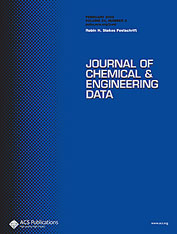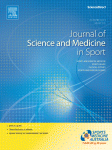
The State University of Campinas University of Campinas and the American Diabetes Association disagree strongly over how to handle disputed images from faculty member Mario Saad, who is suing the ADA to prevent retraction of his papers.
While the State University of Campinas University of Campinas (Unicamp) acknowledges that 2 of Saad’s papers contain “mistakes”, it concluded there was “not an intention in the actions of the authors,” and the mistakes did not have a negative impact on the scientific community. Ultimately: “the studies published have their own strength, are healthy and were not artificially strengthened by the incorrect images.”
In response, however, Saad’s lawsuit says the ADA asked the school to reinvestigate the articles, and refused to accept any papers from Unicamp faculty in any ADA journals until the issues are resolved.
The ADA has issued four expressions of concern in Saad’s research published in its flagship journal, Diabetes. Saad’s lawsuit aims to prevent the journal from retracting those papers, and asks for monetary compensation.
Retraction Watch has obtained a report of the investigation by Unicamp and Saad’s lawsuit. You can read the full lawsuit here, and the investigation report here.
Here is an excerpt from the Unicamp’s findings: Continue reading Publisher and uni go head to head over disputed images in diabetes papers







